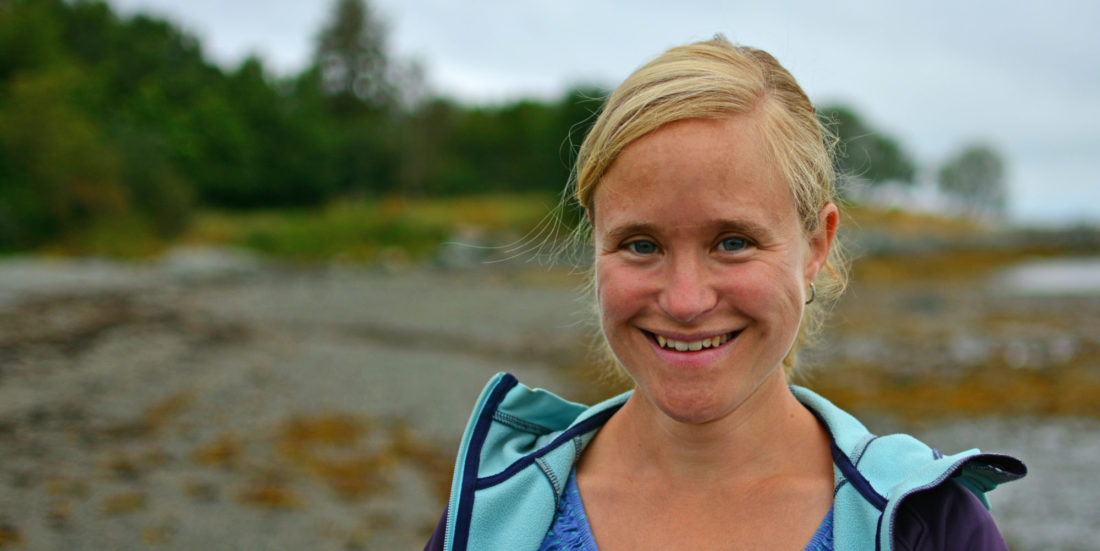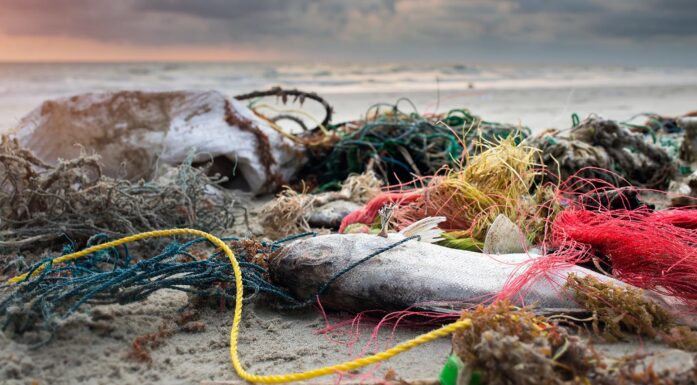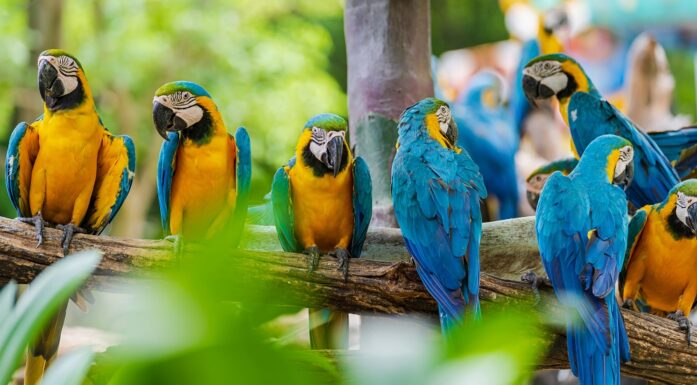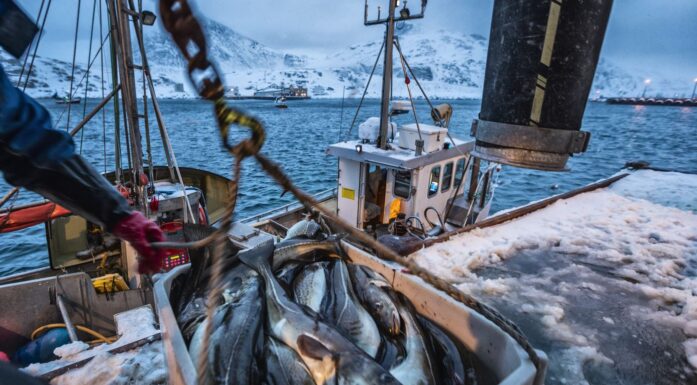Non-native jellyfish and shellfish can spread via plastic trash
Francesca Verones has been awarded a prestigious grant by the European Research Council of EUR 1 million to study how people affect the oceans.
Francesca Verones says we don’t know much about what affects life in the ocean. That kind of statement might make you think she hasn’t read the news reports lately. We’ve all seen the videos of the sea turtle with a straw up its nose, or read reports of plastic that washes up onto beaches and rocky shores, or that flows into the sea from rivers in Asia and kills seabirds and whales.
But someone like Verones is thinking really big when she says we don’t know what impacts the ocean. Because she’s considering everything — truly everything.
- You might also like: Well-meaning climate measures can make matters worse
Ocean currents can spread plastic
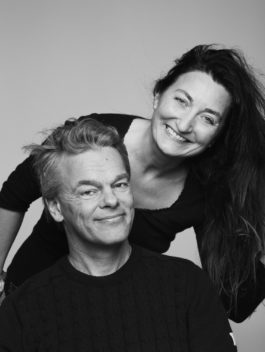
Francesca Verones has just been awarded an European Research Council (ERC) grant. She’s in excellent company: among other recipients of this type of grant are NTNU’s Nobel Laureates Edvard and May-Britt Moser. Photo: Geir Mogen/NTNU
Yes, there’s plastic in the ocean, and we know it’s accumulating in animals and killing them. But did you know that plastic can also spread invasive species? Ocean currents spread plastic debris – and its invasive hitchhikers – all over the world.
We also know that ships carry invasive species. Unwanted critters can be carried in water ballast and on the hulls of ships, when eggs and larvae attach to them.
“Norway has seen a big increase in red king crab in recent years, for example. And then there’s the case of the sudden appearance of a species of jellyfish in the Black Sea that almost wiped out the sardines. When alien species move into new habitats, what happens then?” asks Verones.
Her first task with the prestigious EUR 1 million grant she received from the EU is to inventory everything.
That’s how you could describe the method she will use to do this, called an LCA, or life-cycle assessment. It’s a “cradle-to-grave” approach to inventorying all the environmental impacts of a product, so you can then determine which bits can be changed to make the product or process greener.
“Think of Valentine’s Day, for example. We buy roses. They’re often grown in and imported from Kenya. You need a lot of water to grow roses. This causes several lakes to go dry, resulting in Kenyans having a shortage of drinking water. Should we stop buying roses from Kenya? Then people in Kenya may become even poorer and perhaps resort to other solutions to make money that are even more harmful. So I think a better solution is to continue to buy roses, and to also improve the irrigation system of the farmers who grow the roses,” says Verones.
- You might also like: Clean water eliminated effects of drugs from wastewater in fish
A tool for businesses and policymakers
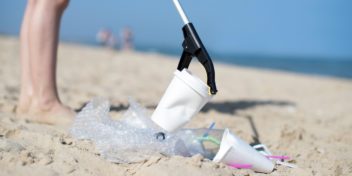
A lot of plastic waste ends up in the sea. A new EU research grant will help us better understand how plastic can affect entire marine ecosystems. Photo: Colourbox
That’s how she thinks about the oceans, too. First, she will catalogue everything: from the shipping routes, the pollutants the ships emit and how the ships are built, to how all the world’s countries handle everything from trash to tourism. In the end, she’ll assess how these and many other factors all affect the oceans. Once she has created this giant puzzle, it can be a tool for businesses, governments and the EU.
“Let’s say Apple is going to create a new phone. They have to make a lot of choices for materials, packaging and shipping. Let’s assume that we find ships to be the most environmentally friendly transport option, but that the choice of route is important. Then governments and the EU can come up with appropriate shipping regulations, for example. This kind of holistic knowledge is what I can help provide,” Verones says.
“I think green innovation will become a competitive advantage for companies in the future,” she adds.
Read the press release from the ERC about the grant awards here: https://erc.europa.eu/news/StG-recipients-2019
